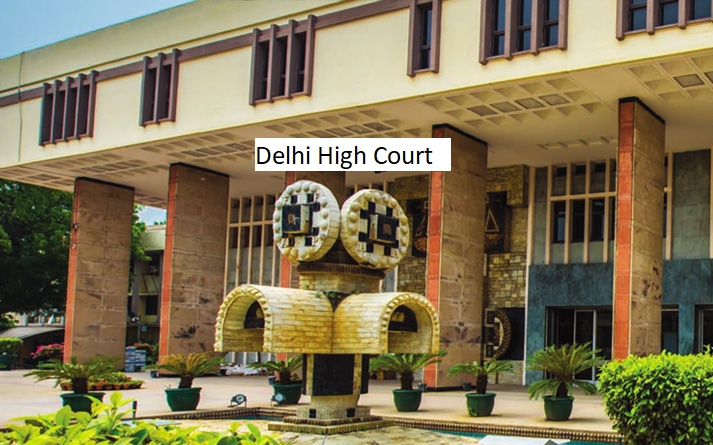


The High Court of Delhi recently issued a significant ruling concerning the composition of an arbitration panel, highlighting concerns about its lack of diversity and broad-based representation. Justice Jyoti Singh's bench underscored the importance of not only numerical strength but also diversity when appointing an arbitral tribunal, especially when drawn from a party-maintained panel.
The case originated from an agreement dated August 3, 2021, which included an arbitration clause stipulating the appointment of a three-member tribunal for dispute resolution. According to the agreement, the petitioner could select its nominee from a panel of four names provided by the respondent, while the remaining two arbitrators, including the presiding arbitrator, would be nominated by the respondent.
As a dispute emerged between the parties, the petitioner invoked the dispute resolution clause. However, the respondent did not respond to the petitioner's request to appoint the conciliator. Subsequently, the petitioner invoked the arbitration clause and approached the Court seeking the appointment of the arbitrator.
The contention arose from the procedure outlined in the agreement, which mandated the nomination of the petitioner's arbitrator from a narrow panel of four arbitrators. The Delhi High Court observed that such a procedure contradicted established legal principles for two reasons. First, it failed to adhere to the requirement of a broad-based panel, as directed by the Supreme Court. Second, the Court noted that allowing a party to nominate the majority of the arbitral tribunal raised concerns about neutrality and impartiality.
The Court emphasized that the panel offered by the respondent was restrictive and lacked diversity. Notably, all four individuals on the panel were former employees of the respondent, further diminishing its broad-based nature. The Court stressed the need for representation from various backgrounds, including lawyers, retired judges, engineers, accountants, and others, to ensure a comprehensive and unbiased tribunal.
In light of these considerations, the Delhi High Court declared the procedure outlined in the agreement as legally invalid. The Court held that a party cannot possess the right to nominate the majority of the arbitral tribunal, as such a provision undermines the fundamental principles of neutrality and impartiality. The restrictive nature of the respondent's panel, comprising only four names and all ex-employees, further contributed to its invalidation.
Consequently, the Court granted the petitioner's request, appointing arbitrators for both parties. The two appointed arbitrators were directed to collaboratively nominate the presiding arbitrator. This decision aimed to rectify the perceived imbalance in the arbitration process and ensure a fair and unbiased resolution of the dispute.
The legal representation for the respondent in this case included Mr. Bhagvan Swarup Shukla, Central Government Standing Counsel, along with a team of advocates, including Mr. Sarvan Kumar, Mr. Shivam Gaur, Ms. Ramya Soni, and Mr. Saksham Sethi.
In conclusion, the Delhi High Court's ruling serves as a precedent emphasizing the importance of a diverse and broad-based composition in arbitration panels. The decision underscores the judiciary's commitment to upholding the principles of neutrality and impartiality in alternative dispute resolution processes, ensuring a fair and just resolution for all parties involved.
TAGS: Neutrality Impartiality Petitioner Respondent Legal invalidity Former employees Restrictive panel Legal principles